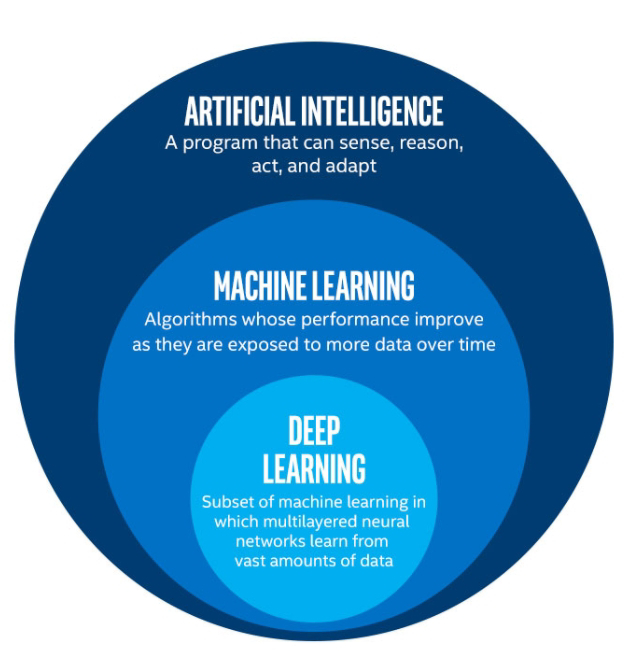"The Organized Mind" by Daniel J. Levitin explores the science behind organization, decision-making, and managing information overload in the modern world.
"The Organized Mind" by Daniel J. Levitin explores the science behind organization, decision-making, and managing information overload in the modern world. Levitin delves into how our brains process information, offering insights into attention, memory, and cognitive overload. The book provides practical strategies to enhance organization, optimize decision-making, and cope with the overwhelming amount of information in today's society. It's a guide to improving productivity, reducing stress.
Here are10 lessons from the book:
1. Attention and Focus: Levitin discusses the importance of managing attention in an age of constant information overload. He emphasizes strategies to regain focus and reduce distractions to enhance productivity.
2. Organization Techniques: The book offers various organizational techniques and systems to manage information effectively, including categorization, to-do lists, and externalizing memory.
3. Decision-Making: Levitin explores the science behind decision-making and suggests methods to streamline and improve decision-making processes, reducing cognitive load and stress.
4. Information Overload: Understanding the brain's limitations in processing information, Levitin provides insights into handling large volumes of data without feeling overwhelmed.
5. Multitasking Myth: Levitin debunks the myth of multitasking and highlights the inefficiency and negative impact on productivity caused by frequent task-switching.
6. Mindfulness and Rest: The book advocates for mindfulness practices and the importance of downtime for cognitive rejuvenation and better decision-making.
7. Externalizing Thoughts: Levitin suggests using external tools like notes, lists, and digital devices to offload mental burden, freeing up cognitive resources for critical thinking.
8. Prioritization and Planning: The book emphasizes the significance of prioritizing tasks and planning, helping individuals allocate time and resources efficiently.
9. Neuroscience Insights: Leveraging neuroscience, Levitin explains how the brain processes information and offers practical applications to improve organizational skills.
10. Creating Habits: Levitin discusses the role of habits in organization and productivity, encouraging the establishment of effective routines.
" The Organized Mind" serves as a comprehensive guide, blending neuroscience with practical strategies to help individuals enhance their organizational skills, manage information overload, and optimize decision-making processes in both personal and professional spheres.




Comments
Post a Comment